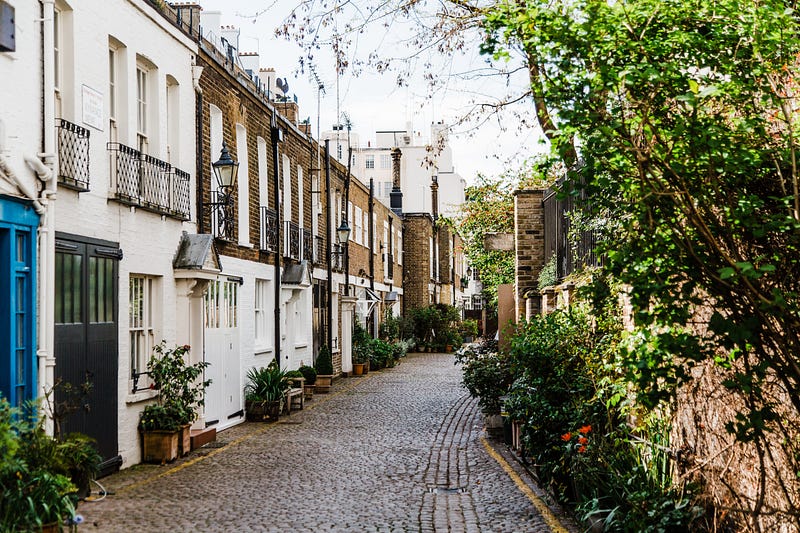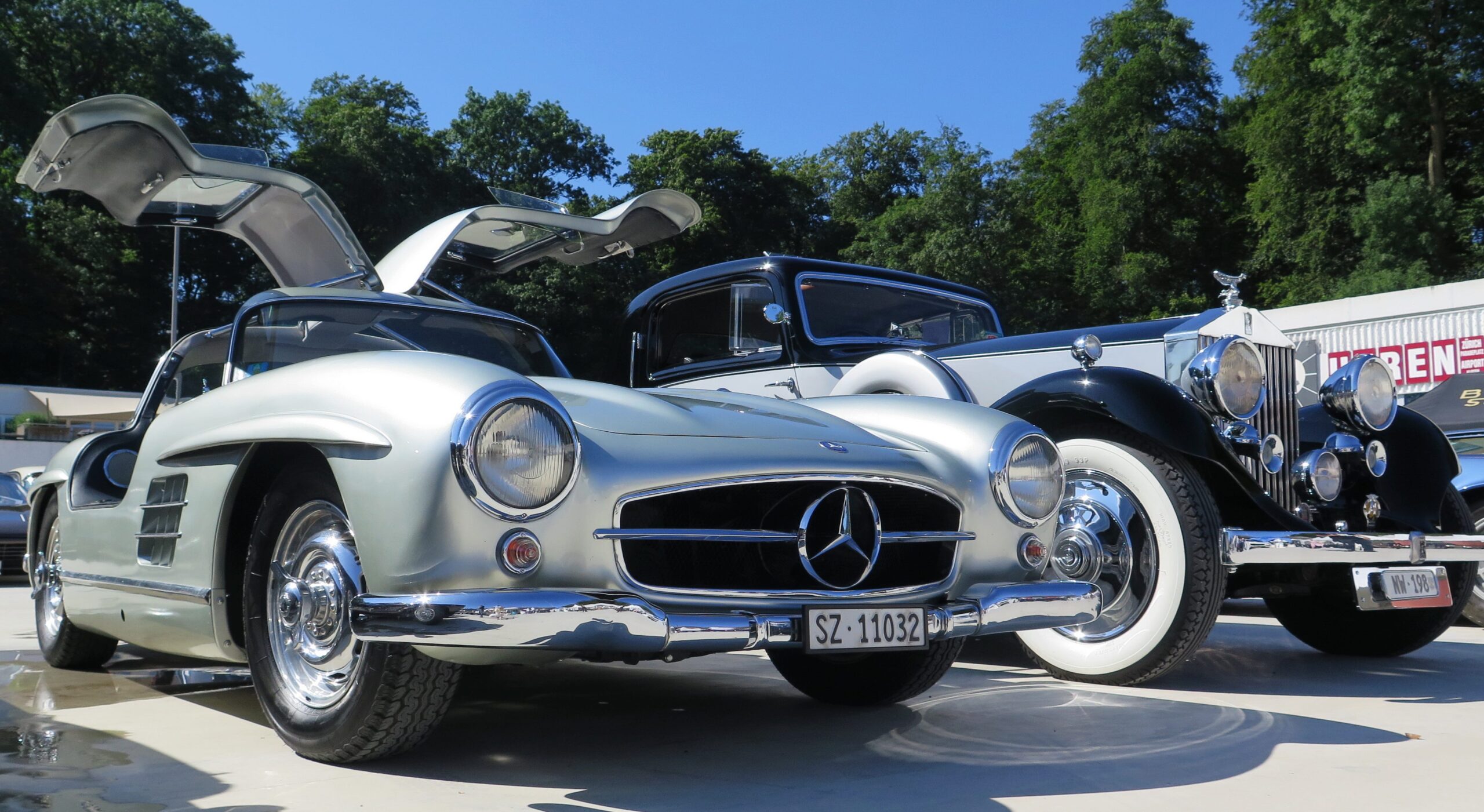A Discussion of Bourgeois Equality Chapter 28 “The Bourgeois Revaluation Becomes a Commonplace, as in the London Merchant”
Dr. McCloskey continues to build her argument that a respect for the bourgeoisie is building in 1700s England, which will allow the Great Enrichment to flourish a century later. She calls this change in attitude the “Bourgeois Revaluation.”
The Classic “Chicken or the Egg” Question
She notes that literary historian John Loftis observed in 1959 that the bourgeois were more positively viewed in 1700s theater, which he took to mean that society’s view had shifted. (p. 263)
More cynically, as we economists are wont to do, she reports economist Jacob Viner writing in 1970 attributed this change to market forces. (p. 263) That is, with a merchant class growing in size that had the money for theater, it made sense to appeal to this new audience and flatter them.
McCloskey questions Viner’s view by looking back to Shakespeare writing in the 1600s. While his actual audience was primarily not aristocratic, his plays “systematically flattered his aristocratic and especially his royal audiences” (p. 263) He did not aim at his ticket buying population as much as he did the cultural view at that time that still esteemed aristocracy.
Honest? I do not think it means what you think it means
Similarly in more modern times, McCloskey observes,
But the relation between actual and implied audience is seldom without ambiguity. In Star Wars and The Godfather and The Sopranos and The Wire none of the heroes and antiheroes are typical of the massed audiences. (p. 263)
Since it does not seem these plays and movies are written for the egos of the audience then any favorable change towards the bourgeois is likely due to reflecting a cultural shift, not a profit-seeking artist playing up to his ticket-buying audience. It is this cultural shift that McCloskey is describing in this section of the book.
It begins in Amsterdam and Rotterdam and other Dutch -dams around 1700, and a century later is imitated in royal London. (Remarkably, it happens in Japan, too, about the same time, but only in the merchant academies of Osaka and not in the center of power in Edo.) (p. 264)
Osaka and not Edo echoes her earlier discussion of why bourgeois values flourished in the second cities away from the court-like seats of government.
The London Merchant
McCloskey furthers her argument of the cultural shift from aristocratic values to bourgeois values by appealing to a play called The London Merchant by George Lillo.
I’m not familiar with this play but the link I included is from goodreads.com and it does not seem to be that well received today going by the community reviews which overall gave it a 2.93 out of 5 stars as of this writing.
McCloskey notes this play created the genre, bourgeois tragedy, and the literary critics described it as “almost militant in its pride in the middle class.” (p. 268)
In the play, there is an older merchant, Thorowgood, who has two apprentices. Trueman is the good one, given the bourgeois praise of being just, fair and diligent. (p. 269)
In contrast, Barnwell is the bad apprentice though he once had been promising. Trueman says of Barnwell, “Few men recover reputation lost — a merchant, never.” (p. 269)
McCloskey sums up the plot.
Eighteen year old George Barnwell, apprenticed to a good merchant of the city, is tempted by a Mrs. Millwood, a whore, to steal from his master, of the bourgeoisie, for money; and then he murders his uncle, of the gentry, for money. (p. 267)
I think my favorite comment from McCloskey is that “the play was much admired, especially by people whose native language was not English.” (p. 269) In this case, something must be gained in the translation!
Conclusion
While The London Merchant may not be a work of art that transcends time well going by the goodreads.com reviews, it does serve as a sign of its times that the middle class virtues should be something to work towards.
McCloskey notes the strain of this cultural shift exemplified in this play.
The conventional hierarchies of gentry versus bourgeois, and even male versus female, are bending in 1731. At length they will break. (p. 270)
The eventual cultural embrace of these bourgeois values will be a foundation for the Great Enrichment to take off.
Backward History Reveals Why the Bourgeoisie Rise
Reference: McCloskey, Deirdre Nansen, 2016. “The Bourgeois Revaluation Becomes a Commonplace, as in the London Merchant,” Chapter 28 of Bourgeois Equality, The University of Chicago Press.
By Ellen Clardy, PhD on .
Exported from Medium on December 15, 2022.




